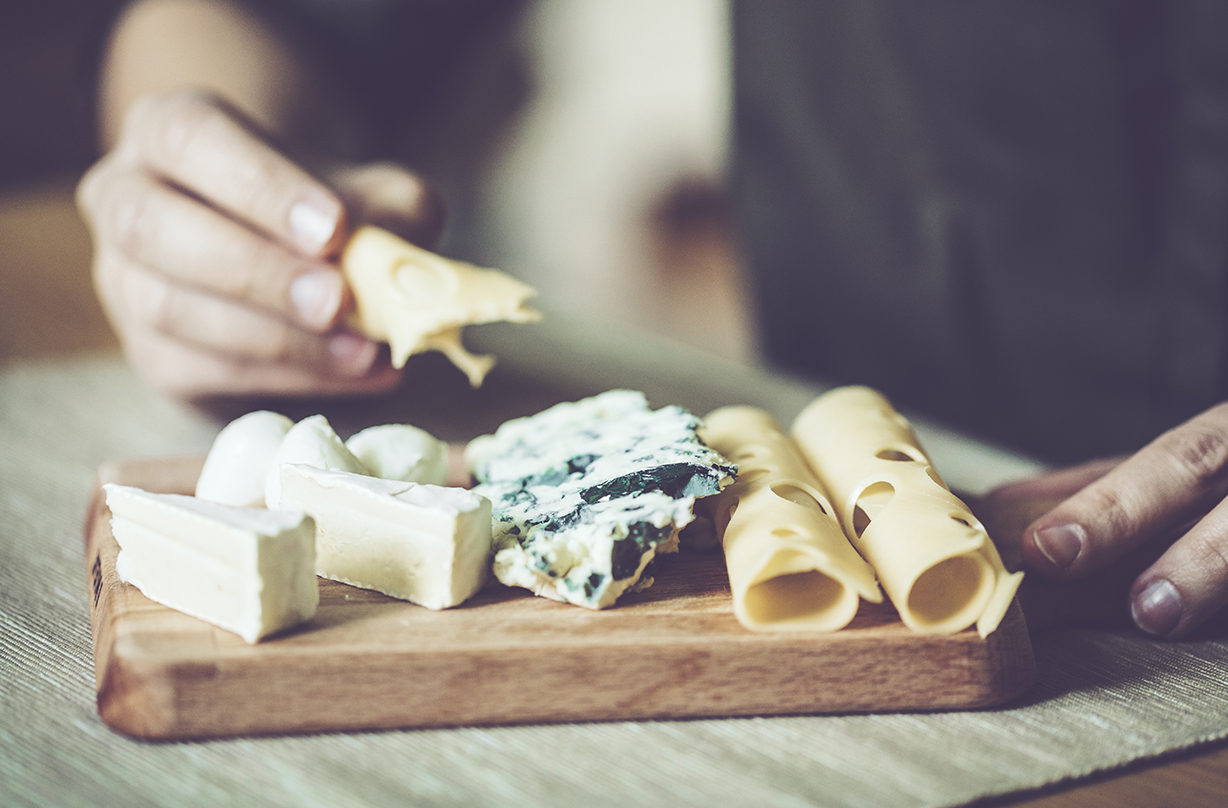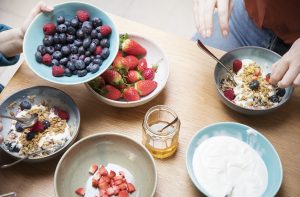New study reveals the treat food that can cut risk of stroke


A new study has revealed the treat food that can cut the risk of having a stroke.
It turns out that eating more cheese could help to reduce your risk of suffering a certain type of stroke.
Researchers at the University of Oxford looked into how food affected the risk factor for two different types of stroke – ischaemic strokes, where blockages cut off the blood supply to the brain, and haemorrhagic strokes, when cells are damaged by a bleed on the brain.
While looking at data collected from 418,000 people in nine European countries, the study, which was published in the European Heart Journal, found that higher intake of dietary fibre could cut the risk of suffering from an ischaemic stroke.
"The most important finding is that higher consumption of both dietary fibre and fruit and vegetables was strongly associated with lower risks of ischaemic stroke, which supports current European guidelines,” said Dr Tammy Tong, lead author of the study and a nutritional epidemiologist at the University of Oxford’s Nuffield Department of Population Health.
"The general public should be recommended to increase their fibre and fruit and vegetable consumption, if they are not already meeting these guidelines.
"Our study also highlights the importance of examining stroke subtypes separately,” continued Dr Tong, “as the dietary associations differ for ischaemic and haemorrhagic stroke, and is consistent with other evidence, which shows that other risk factors, such as cholesterol levels or obesity, also influence the two stroke subtypes differently."
Sign up to our free daily email for the latest royal and entertainment news, interesting opinion, expert advice on styling and beauty trends, and no-nonsense guides to the health and wellness questions you want answered.
This article is for general interest and is not intended to suggest a course of action that might be suitable for you. Always consult a licensed healthcare professional before making decisions concerning your health and wellbeing.

The study found that for each 10g increase in daily dietary fibre intake, there was a 23 per cent lower risk of suffering from ischaemic stroke.
However, while a higher intake of fruit, vegetables, fibre, milk, cheese or yoghurt were associated with a lower risk of suffering from ischaemic stroke, the study found “no significant association” between the same foods and haemorrhagic strokes.
It also revealed that a high intake of eggs could be associated with haemorrhagic strokes, with every extra 20g of daily egg consumption linked with a 25 per cent higher chance of stroke.
However, other experts have suggested that the eating routine were not linked to the stroke risk and that the results were influence more by general lifestyle factors.
"A major strength of this study is that it captured data from a large cohort of individuals from nine European countries,” said Paul Evans, professor of cardiovascular science at University of Sheffield, who did not take part at all in the study.
"However, although the research has discovered an association between dietary intake and stroke risk, it is possible that the altered stroke risk is not caused by the diet itself but is instead caused by associated socioeconomic or lifestyle factors.
"Further research is therefore needed to investigate whether diet has a direct influence on stroke risk."

Aleesha is Digital Beauty Editor at woman&home, where she gets to share her expertise into all the best techniques, sharpest tools and newest products—with a particular savvy in skincare and fragrance.
Previously, she was Deputy Editor and Beauty & Fashion Editor for My Imperfect Life, where she headed up the beauty, fashion and eCommerce pages. In the past, she has worked as Shopping Writer at woman&home, gained an AOP awards nomination after working on their news team, contributed to Women's Health, Stylist and Goodto and earned an MA in Magazine Journalism from City, University of London.